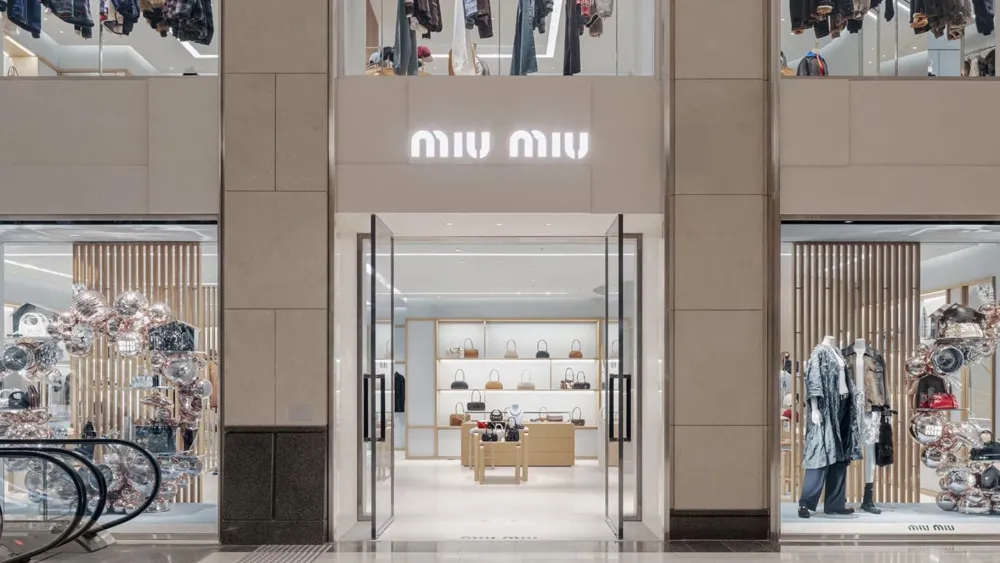
China rolls out policy support to buoy retail growth
Support is expected to strengthen if retail sales do not stabilise in the next few months.
The Chinese government is countering an anticipated slowdown in retail sales growth by offering a number of policy support aimed at facilitating cost savings for consumer-service companies and boosting rural consumption.
The policy support is expected to strengthen after the government announced measures to revive consumption if there is no clear sign of retail sales stabilisation in the next few months, according to a report from Fitch Ratings.
Fitch Ratings expects China’s retail sales growth to slow to mid-single digits in 2022 from 12.5% in 2021 on weaker consumer sentiment and a high base effect in the first half of 2022.
The pandemic lockdown, weak vehicle sales on a chip shortage, a deteriorating property market and challenging employment environment, especially in sectors that are under regulatory scrutiny, are dragging down growth in the sector, the report stated.
“Pandemic controls in several regions and a weak property market have weighed on consumer sentiment, while unemployment pressure has risen in the education, internet and property-related sectors from an ongoing regulatory crackdown,” Fitch said.
Thus, the National Development and Reform Commission’s policy aims to support the harder-hit service sectors through tax reliefs, rental and social insurance reductions, targeted Covid-19 control measures and more favourable financing policies.
These policies are aimed mainly at small and medium-sized enterprises (SMEs), which are key employers in China.
Rural consumption will be boosted by a document from the central government on rural revitalisation, which will help to upgrade consumption through logistic infrastructure development, poverty alleviation and employment support in these areas.
Vehicle sales that contribute around 10% of total retail sales are also expected to recover as the chip supply bottleneck is gradually resolved, helping to stabilise retail sales growth to an extent in the second half of 2022, Fitch added.
COVID-19 lockdowns continued to dampen the retail sales of catering, clothing, cosmetics and office supplies as a result of reduced social interaction, work-from-home practices and production disruptions, Fitch said in a separate report.
Declining property sales also had a negative ripple effect on related consumer product sales, the report added.. Furniture and home appliance sales fell for the first time since November 2020, by 3.1% and 6.0% yoy, respectively, in December 2021.



















 Advertise
Advertise







